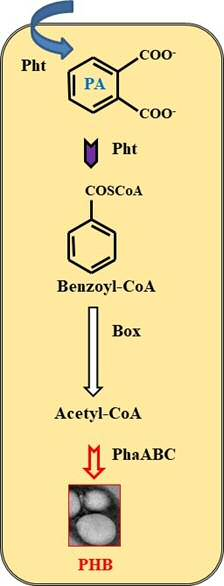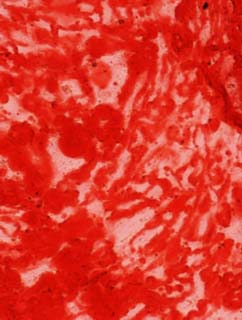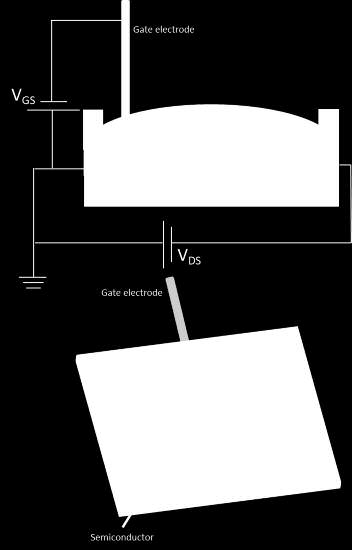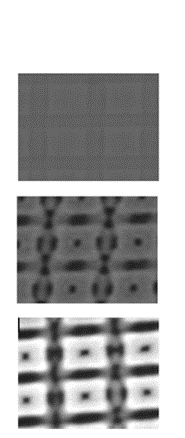CSIC has developed recombinant genetic cassettes and bacterial host cells comprising them which are
useful as biotechnological tools for the aerobic and anaerobic biodegradation of o-phthalate (PA) and its
bioconversion into value-added biodegradable polymers. The present invention belongs to the fields of
microbiology and biotechnology, in particular to support industrially-relevant microbial platforms for
bioremediation of environments contaminated with phthalates, for plastic recycling and for bioplastic
biosynthesis.
New biotechnological system to valorize PA from plastic waste in an effective, ecological and economic way.
The PA esters are produced massively since they are essential constituents of plastics acting as plasticizers.
Since phthalate esters are not covalently bound to the plastic, they can easily diffuse out of the polymer itself, leading to contamination in nearly every environment. Thus, phthalate esters are one of the most frequently detected persistent organic contaminants in the environment, and they have been listed as major man-made priority pollutants due to their hepatotoxic, teratogenic, carcinogenic and endocrine disrupting (anti-androgenic) properties. Within the current strategies for plastic recycling as a sustainable plastic waste management, the treatment and valorization of the PA esters constitutes a major challenge. Microbial degradation of the aromatic moiety (PA) of such esters becomes an efficient, cost-effective and environmentally friendly strategy. We provide a recombinant genetic cassette which comprises the catabolic genes involved in the pht pathway as well as a specific secondary transporter that are essential for microbial PA degradation.
The invention also relates to recombinant host cells comprising this cassette and useful for the aerobic and/or anaerobic biodegradation of PA and for its bioconversion towards the biosynthesis of value added biodegradable polymers such as polyhydroxybutyrate (PHB).
Funneling PA towards the synthesis of polyhydroxybutyrate (PHB) in biocatalysts expressing the pht cassette.
Main innovations and advantages
The catabolic and transport pht genes responsible for
· PA bacterial degradation via benzoyl
· CoA have been engineered as a mobilizable DNA module.
The pht cassette allows both aerobic and anaerobic
· PA catabolism in different bacterial hosts.
A novel metabolic strategy to valorize
· PA towards the biosynthesis of a biodegradable plastic, i.e., polyhydroxybutyrate
· PHB), has been developed using the industrially-relevant bacterium
· Cupriavidus necator H16 strain.






